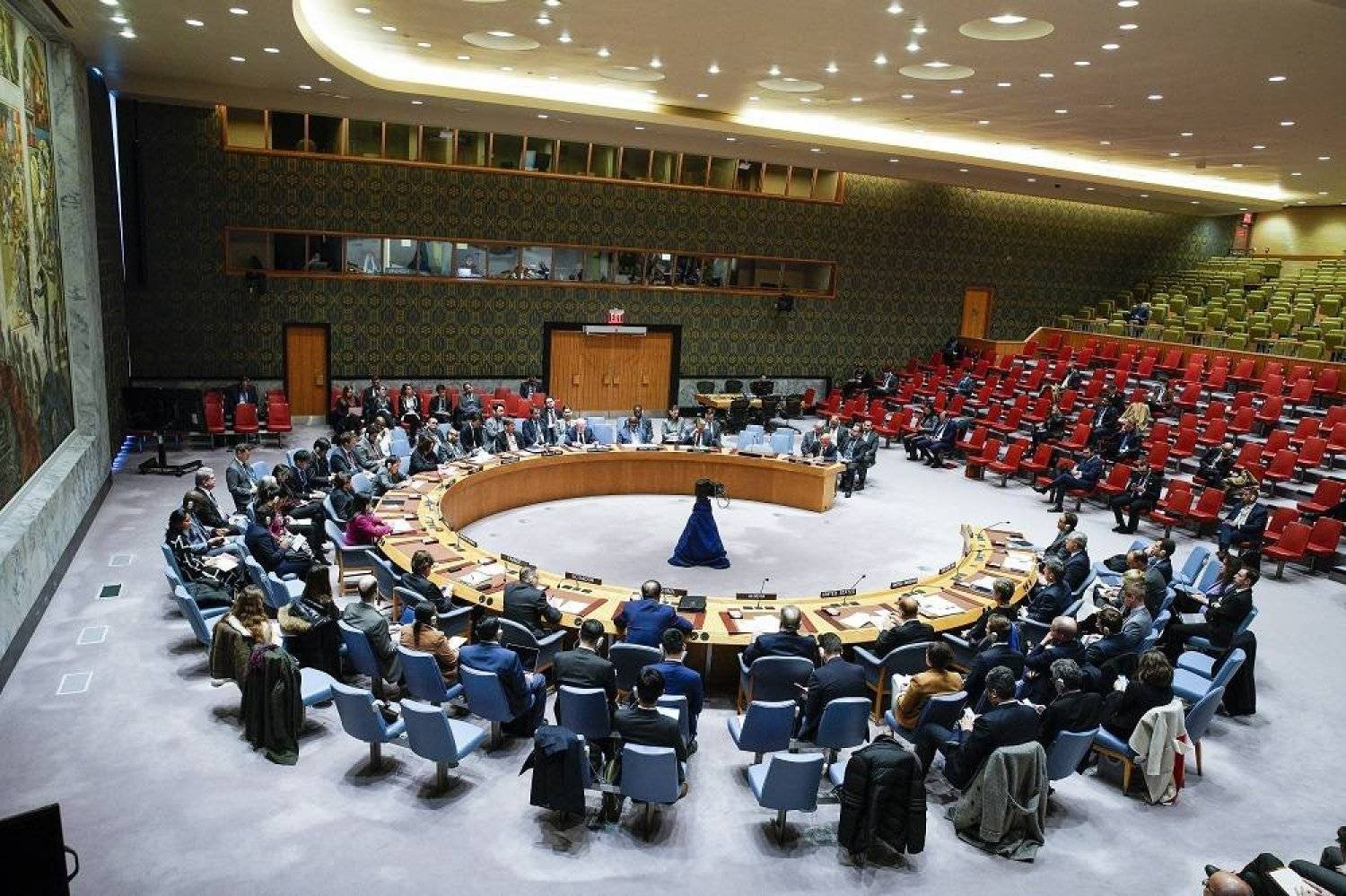On Monday, the United Nations Security Council (UNSC) unanimously passed a resolution, urging an immediate ceasefire in Gaza for the duration of the holy month of Ramadan. This move, supported by fourteen council members, aims to quell the escalating violence that has plagued the region for weeks.
The resolution, put forth by non-permanent members of the Security Council, underscores the significance of a two-week ceasefire during Ramadan, a period of profound spiritual importance for Muslims worldwide, spanning from March 10 to April 9.
The decision by the United States to abstain from voting has drawn attention and stirred debate among global stakeholders. While the US stopped short of endorsing the resolution outright, other influential members such as Russia, China, and the UK threw their support behind it.
At the heart of the resolution’s provisions is the urgent call for the immediate and unconditional release of all hostages, highlighting the pressing humanitarian need amid the ongoing conflict.
UN Secretary-General António Guterres has stressed the critical importance of swiftly implementing the resolution passed by the Security Council concerning Gaza. He has emphasized the need for an immediate ceasefire and the unconditional release of all hostages, warning of dire consequences should the resolution fail to be enacted.
Reports emerged prior to the vote suggesting Israeli Prime Minister Benjamin Netanyahu’s staunch opposition to the resolution, with threats to cancel a planned visit to Washington alongside a delegation if the US did not exercise its veto power.
The adoption of this resolution follows recent events where a US-sponsored resolution advocating for an “immediate and sustained ceasefire” faced opposition from Russia and China.
In light of these developments, the stance of the Biden administration towards Israel appears to be evolving, signaling a potential shift in diplomatic approach amidst mounting international pressure.










